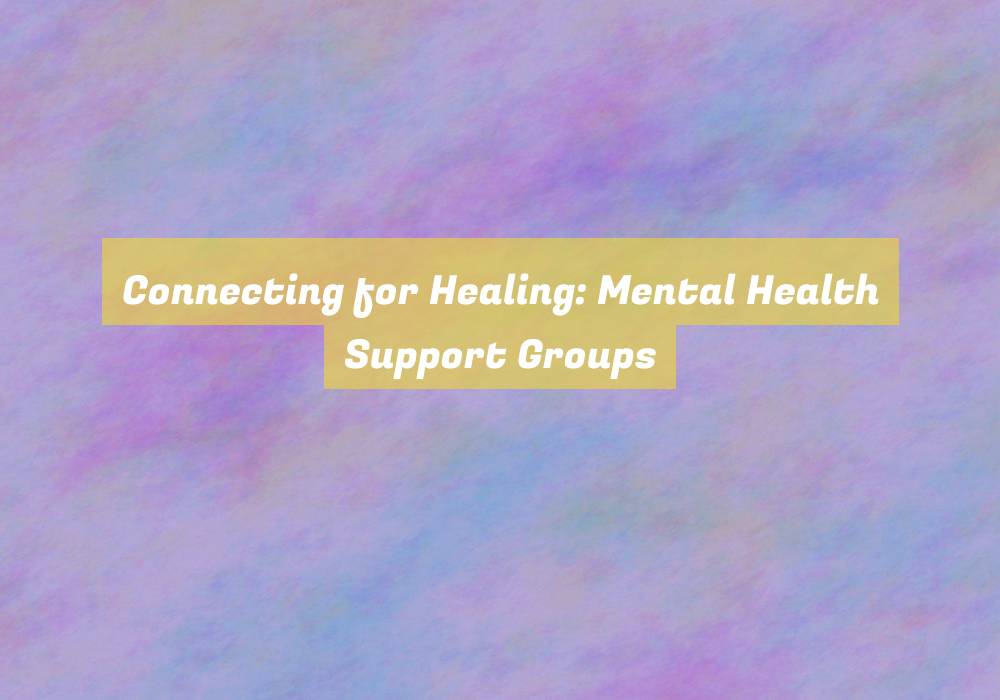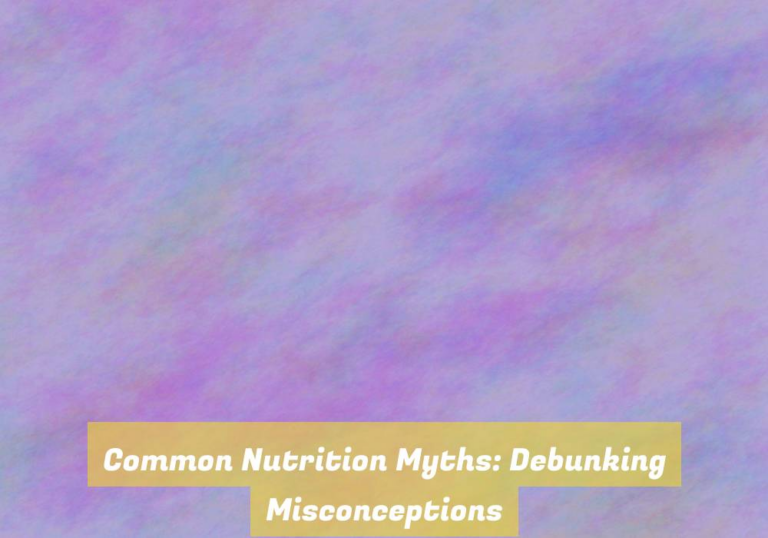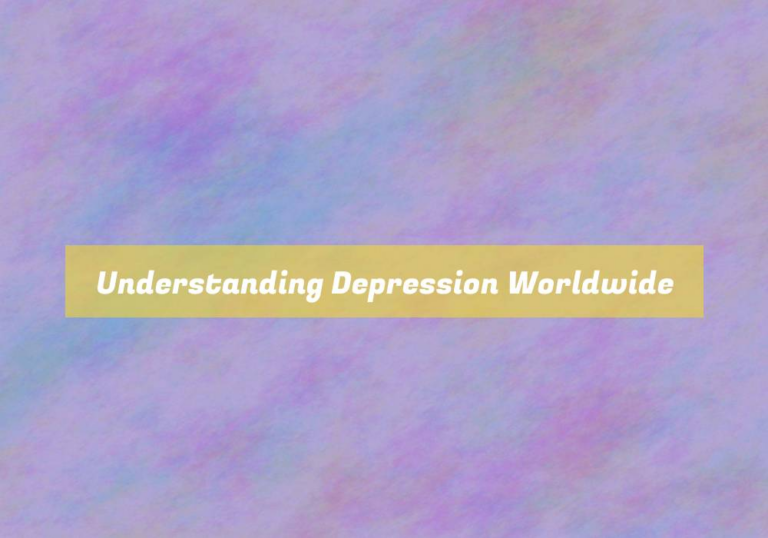Connecting for Healing: Mental Health Support Groups
You know that feeling of relief and comfort that comes from knowing youG??re not alone in your struggles? Mental health support groups offer just that.
But it goes beyond just knowing others are going through similar experiences. These groups provide a safe space for sharing, learning, and fostering a sense of community.
As you navigate the complexities of mental health, connecting with a support group can offer invaluable support and guidance. Whether youG??re dealing with anxiety, depression, or any other mental health challenge, these groups can be a source of strength and understanding.
Discovering the right support group can be a crucial step in your journey towards healing and growth.
Benefits of Mental Health Support Groups
Joining mental health support groups can provide you with a sense of community and understanding that can be invaluable in your journey towards better mental well-being. These groups offer a safe space to share your experiences, fears, and triumphs with individuals who can relate to what youG??re going through. Being part of a supportive community can help combat feelings of isolation and loneliness that often accompany mental health challenges. Additionally, hearing othersG?? stories and perspectives can offer new insights and coping strategies that you may not have considered.
Moreover, being surrounded by individuals who understand and empathize with your struggles can be incredibly validating. It can help you realize that you arenG??t alone in your journey and that thereG??s hope for recovery. The encouragement and support you receive from the group can boost your confidence and motivation to actively work towards improving your mental well-being. Furthermore, being part of a support group can provide a sense of accountability, encouraging you to stay committed to your self-care and treatment plan.
Finding the Right Support Group
To find the right support group for your mental health needs, consider researching organizations and resources in your local community. Start by checking with local mental health clinics, hospitals, and community centers. These organizations often host support groups or can provide referrals to trusted support groups in the area. You can also consult with mental health professionals such as therapists or counselors who may have insights into support groups that align with your specific needs.
Another option is to use online resources. Many websites and forums cater to individuals seeking mental health support groups. These platforms allow you to search for groups based on your location, specific mental health condition, or other preferences. When exploring online options, itG??s important to verify the credibility and legitimacy of the support group before participating.
Consider the format of the support group as well. Some individuals may prefer in-person meetings, while others may find online or virtual groups more convenient. Additionally, the focus of the support group should align with your needs, whether itG??s anxiety, depression, addiction recovery, or another mental health concern. Take the time to explore different options and find a support group that offers the understanding and assistance youG??re seeking.
Participating and Sharing in Groups
When engaging in mental health support groups, actively participate and share your experiences to benefit from the understanding and assistance they offer. Sharing your struggles can be intimidating, but itG??s important to remember that everyone in the group is there to offer and receive support. By actively participating, you not only gain valuable insights and coping strategies from others but also provide the same for them. Listening to othersG?? experiences and offering your perspective creates a sense of community and shared understanding, which can be incredibly healing.
During group meetings, take the opportunity to voice your thoughts and feelings. Sharing your experiences, whether theyG??re victories or challenges, can provide comfort to others who may be going through similar situations. It also allows others to offer their support and understanding. Remember that every member brings a unique perspective, and your input is valuable.
Actively participating and sharing in groups can also help to break the isolation that often accompanies mental health struggles. By connecting with others who understand and empathize, you can build a support network that fosters healing and growth. Embrace the opportunity to participate and share in your mental health support group, and you may find it to be a transformative experience.
Nurturing Healing and Growth
Nurturing healing and growth in mental health support groups involves actively engaging with the experiences and insights shared by others to foster a sense of community and mutual understanding. By listening attentively and empathetically to the stories of others, you not only show support but also gain valuable perspectives that can aid in your own healing journey.
Sharing your own experiences, thoughts, and coping strategies can also contribute to the collective growth of the group. ItG??s important to offer encouragement and validation to fellow members, recognizing the courage it takes to open up about personal struggles.
Through this reciprocal exchange of support and understanding, trust is built, and a safe space is created for everyone to express themselves without fear of judgment. Moreover, actively participating in group activities and discussions can foster a sense of belonging and reduce feelings of isolation.
Conclusion
YouG??ve learned about the benefits of mental health support groups and how to find the right one for you.
By participating and sharing in these groups, you can nurture healing and growth in a supportive environment.
Remember, you arenG??t alone, and seeking out a support group can be a valuable step in your mental health journey.
Keep connecting with others for healing and support.





